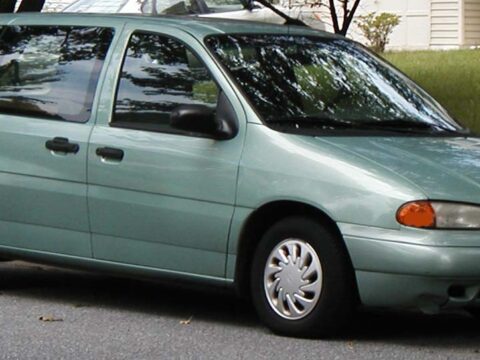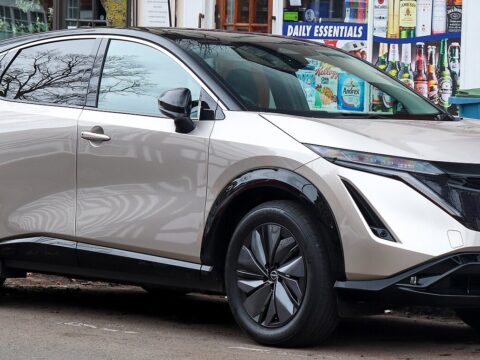Driving is an activity we take for granted, a seemingly universal task shared by people across the globe. However, we often forget how much the rules of the road can vary from country to country. While most traffic laws are founded on common sense and safety, some might leave you scratching your head in bemusement.
Contents
Aftermarket Tinted Windows in the United Arab Emirates
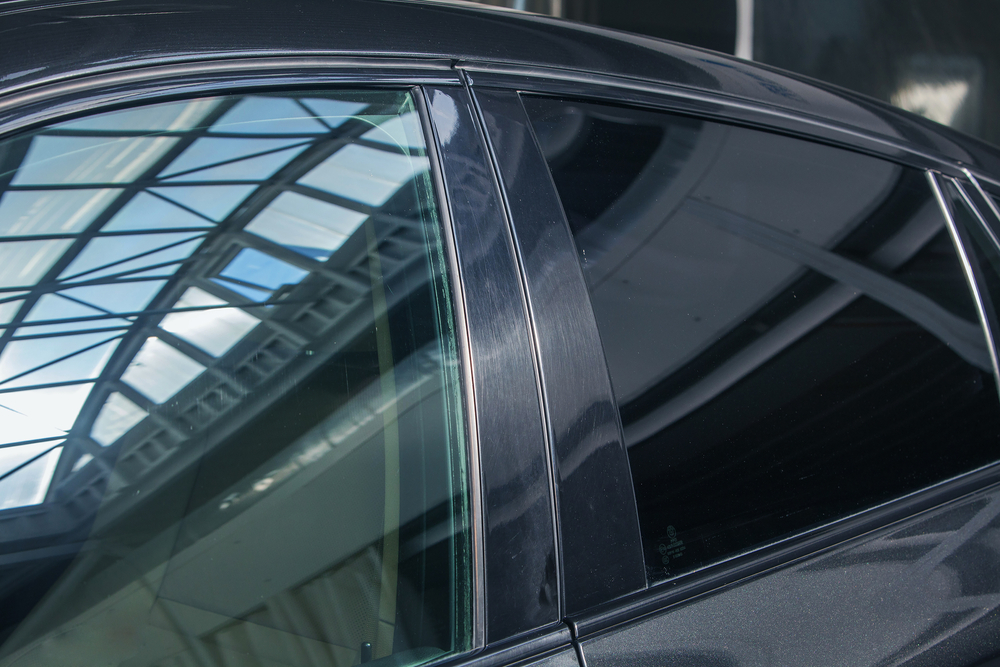
The UAE strictly regulates the tint of car windows for safety and security reasons. The law allows only up to 30% tinting for personal vehicles and forbids it entirely for the front windshield to ensure the driver’s visibility isn’t impaired. The police and security services also need to be able to see into vehicles to deter illicit activities. Violation of these rules can lead to hefty fines.
Red Cars in Shanghai, China
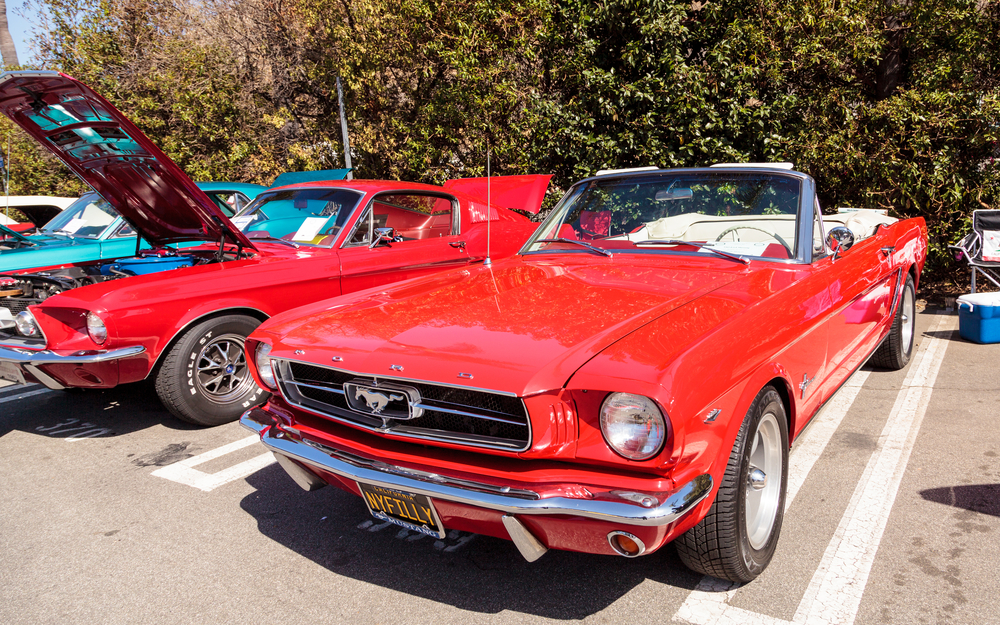
Surprisingly, Shanghai once banned red cars from its city center, and they’re still heavily regulated. The reasoning behind this unusual law is due to the belief that red cars cause or attract more accidents than cars of other colors. However, statistics on car accidents involving red cars specifically are inconclusive and often contradict this belief.
Right-Hand Drive Cars in Russia

In Russia, it’s illegal to drive a right-hand drive vehicle due to safety concerns. The country, being left-hand traffic (LHT), views RHD vehicles as a safety hazard, particularly for overtaking on two-lane roads, where the driver’s view of oncoming traffic would be obscured. It’s estimated that nearly a quarter of all vehicles in Russia are RHD, most of them imported from Japan.
Radar Detectors in Switzerland
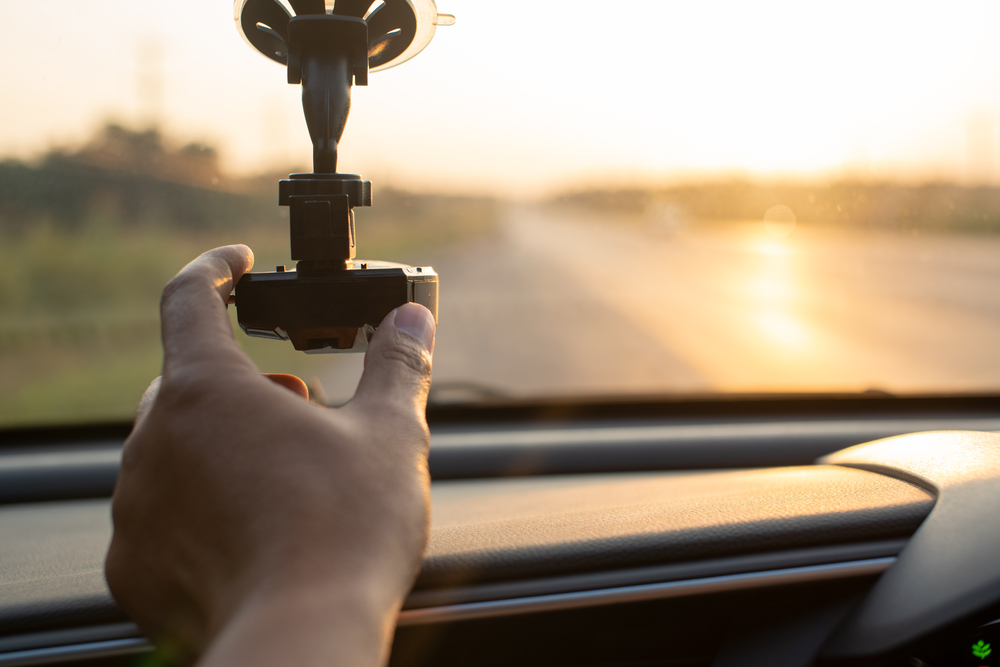
It’s illegal to own or use a radar detector in Switzerland. This rule is in place to discourage speeding and ensure road safety. In fact, Switzerland has one of the strictest speeding laws globally, with fines calculated based on the speeder’s income. Getting caught with a radar detector can lead to a hefty fine or even imprisonment.
Loud Car Stereos in Australia
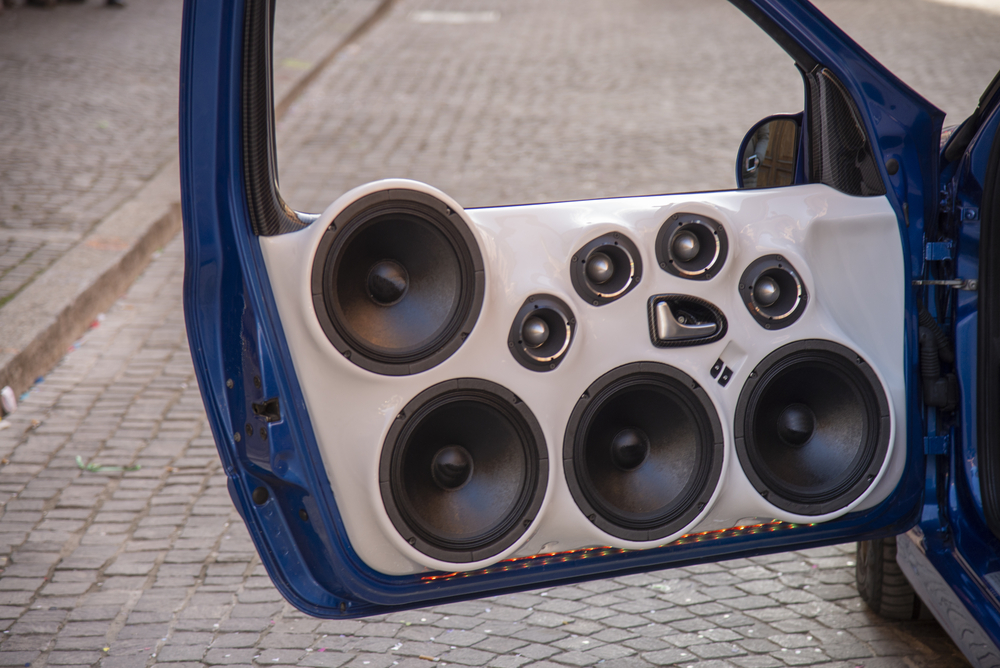
In parts of Australia, loud car stereos that can be heard from more than 50 meters away are illegal. This law is meant to combat noise pollution and disturbance. Fines and penalties depend on the state, but in New South Wales, for example, fines can reach up to AUD$200.
Car Horns in some Indian Metropolises
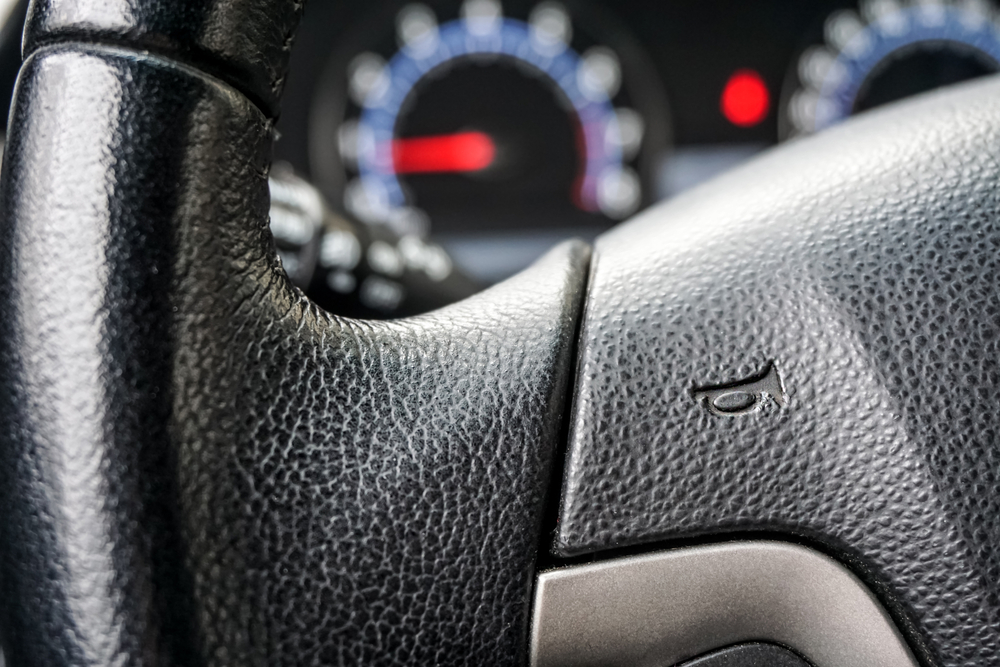
In certain busy Indian cities like Mumbai, there are “No Honking Zones” where car horns are banned. These areas are typically near hospitals, schools, and residential buildings. This rule was implemented to reduce noise pollution, which can be extremely high in densely populated areas.
Diesel Cars in Athens, Greece

Diesel cars are banned from Athens’s city center due to concerns about air pollution. The law, introduced in 1999, aimed to combat the city’s smog problem, termed “Nefos.” Although the ban has been periodically eased during fuel crises, it generally remains in effect.
Dirty Cars in Moscow, Russia
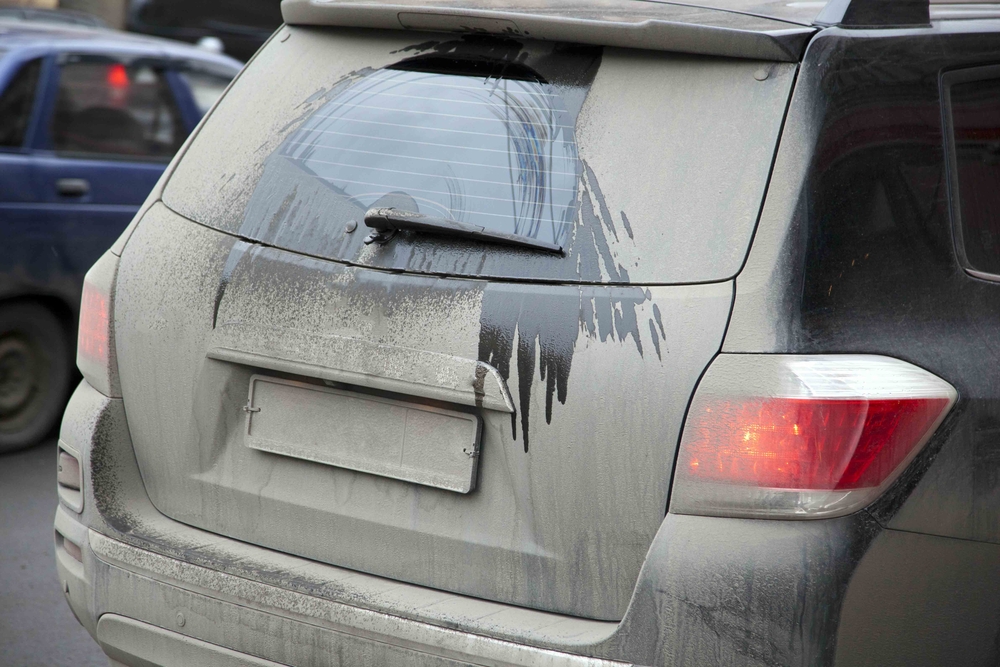
In Moscow, driving a dirty car can earn you a fine. The law, aimed at enhancing the city’s aesthetics, mandates that license plates must be clean and fully visible at all times. While not substantial, the fine is enough of a deterrent for most drivers to keep their vehicles clean.
Cup Holders in France
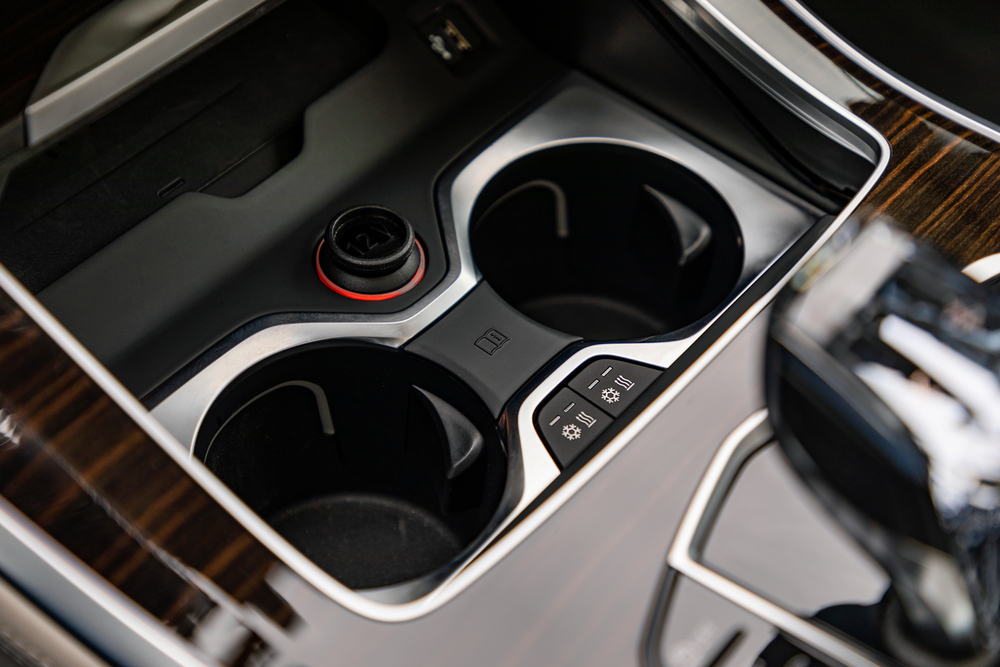
In France, it’s illegal to eat or drink while driving. This law is extended to the prohibition of cup holders in vehicles, encouraging drivers to avoid distractions and focus on the road. The fine for eating or drinking while driving can be as high as EUR€75.
Bluetooth Headsets and Headphones in Spain
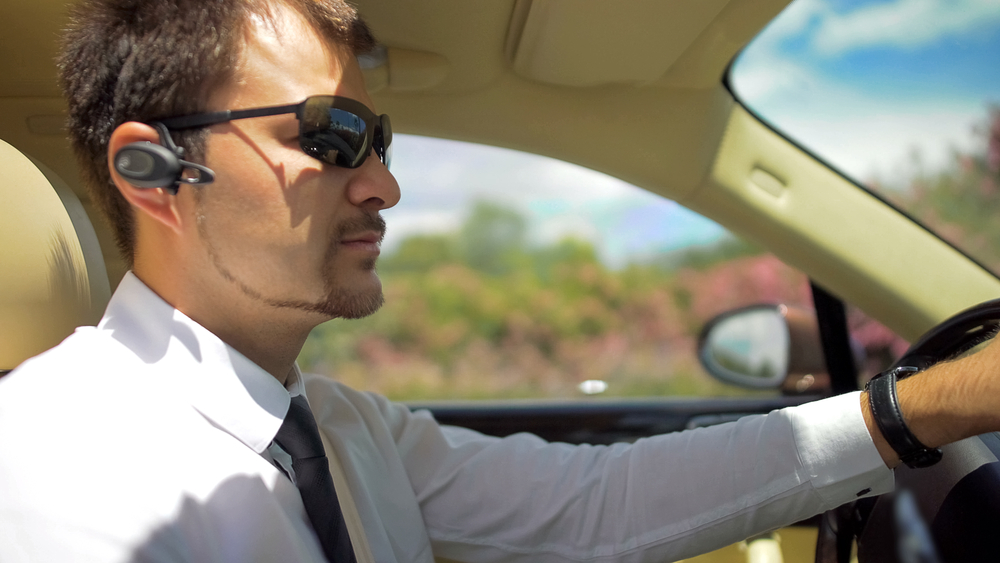
In Spain, any device that emits sound, including Bluetooth headsets and headphones, is illegal to use while driving. This is part of Spain’s strict distracted driving laws, aiming to reduce road traffic accidents by ensuring drivers’ auditory and visual capabilities aren’t hindered while driving. The fine for such an offense can reach up to €200.
This article originally appeared on MyCarMakesNoise.
More from MyCarMakesNoise
Unveiling the 22 Most Dangerous Cars of All Time

Fast cars symbolize rebellion, but not all are known for safety—some even catch fire unexpectedly. And yes, some enthusiasts put airplane engines in century-old cars for kicks. Read More.
The Best 11 Budget Sports Bikes on the Market

Dive into ‘Affordable Adrenaline’ as we steer you through the top sports bikes that promise a heart-racing ride while keeping your finances firmly on track. Read More.
Exploring the World`s Top 10 Airplane Museums

Airplane museums around the world stand as gateways to this fascinating journey through time, housing the magnificent machines that turn the dream of flight into reality. Read More.


